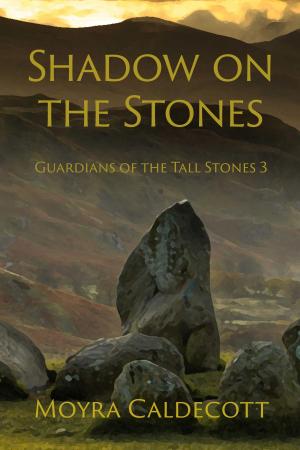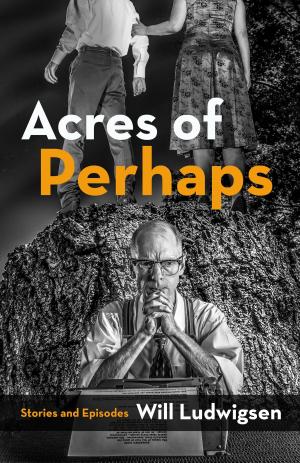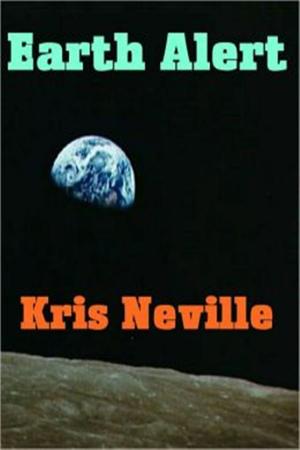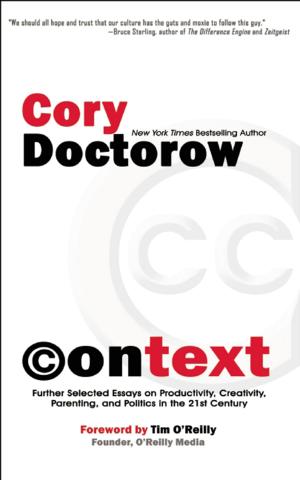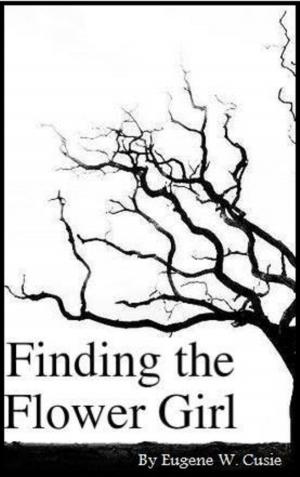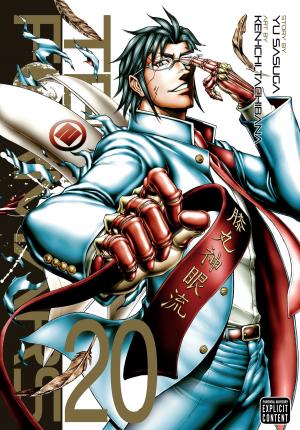| Author: | H.T. Zetter | ISBN: | 1230000013288 |
| Publisher: | HTZ | Publication: | August 21, 2012 |
| Imprint: | Language: | English |
| Author: | H.T. Zetter |
| ISBN: | 1230000013288 |
| Publisher: | HTZ |
| Publication: | August 21, 2012 |
| Imprint: | |
| Language: | English |
"The city is without crime. The city is without limit. The city is without history. The city simply is."
Lazarus Cave is an archivist in a perfect urban utopia; a vast, sprawling city, untroubled by crime or disorder that is overseen by a civic council. It is a city that always has been and always will be, its unchanging nature maintained by the systematic deletion of every day's historical record.
But when an apparent administrative error unravels a much larger network of fractures in the city's structure, Lazarus learns that the unthinking perfection of life in the city is something much more sinister and controlling.
'The Children of the City' is a dark dystopian novel that gets under the skin of power, control, belief and identity. Perfect for fans of George Orwell and China Mieville, H.T. Zetter is thrilling and thought-provoking in equal measure as he seeks to answer the question: without our histories, who are we?
"The city is without crime. The city is without limit. The city is without history. The city simply is."
Lazarus Cave is an archivist in a perfect urban utopia; a vast, sprawling city, untroubled by crime or disorder that is overseen by a civic council. It is a city that always has been and always will be, its unchanging nature maintained by the systematic deletion of every day's historical record.
But when an apparent administrative error unravels a much larger network of fractures in the city's structure, Lazarus learns that the unthinking perfection of life in the city is something much more sinister and controlling.
'The Children of the City' is a dark dystopian novel that gets under the skin of power, control, belief and identity. Perfect for fans of George Orwell and China Mieville, H.T. Zetter is thrilling and thought-provoking in equal measure as he seeks to answer the question: without our histories, who are we?



